Speeding tickets are something that no driver welcomes, and thanks to tougher new police approaches to speeding on the roadways, they’re becoming increasingly more common.
Unfortunately there also seems to be a good few myths surrounding tickets and what you can and should do if you wake up to find one wedged in your letterbox. Some are fairly benign while others could have the potential to leave you in serious bother if you follow their dodgy advice.
Luckily, top motoring solicitor Stephen Oldham is on hand to dispel the rumours. As somebody who earns a living defending drivers in court, there’s no one better placed to sort the truths from the many falsehoods.
Read on below to see Stephen’s list of the top five speeding ticket myths and whether they’re more likely to help you or harm you if you end up on the receiving end of a fine.
The police have to send photos from the speed camera. If they don’t, the ticket will be dismissed
False
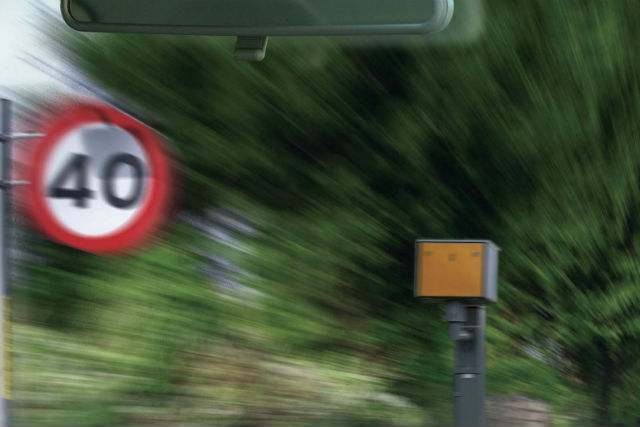
When you receive a notice of intended prosecution for speeding, whether the police send photos from the speed camera to you or not is completely at their discretion.
Sometimes they will send them to you, either physical copies or via a code to see the pictures online, but they aren’t obligated to send you anything, although you do have the right to request them.
Even if you don’t receive any photos, you still have to reply and confirm whether it was you driving the vehicle or not. Failure to reply within 28 days means you’re legally failing to provide driver details, an offence which will land you with six penalty points and a hefty fine.
However, if you challenge the case and it goes to court then the prosecutor will often send you the photos and you might even have the right to request them.
You can’t see who was driving from the photos, so the police can’t prove it was me
False
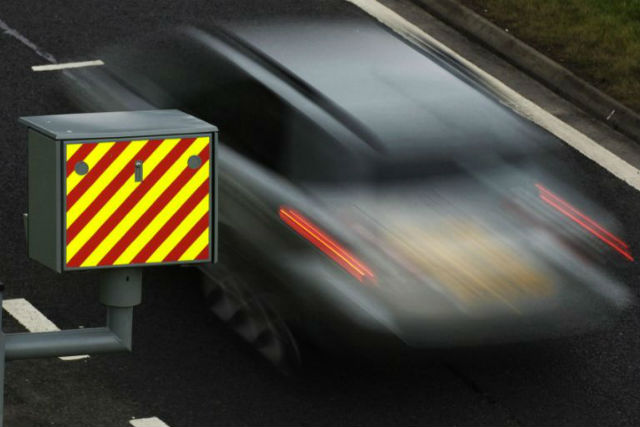
The purpose of the speed camera photos is to identify the vehicle and not necessarily the driver; simply saying that the photo doesn’t show the driver’s face won’t help you.
When a notice is issued, the police will ask the vehicle’s owner to confirm whether they were driving the vehicle or not, with refusal to comply resulting in six points on your licence and up to £1,000 in fines.
If you have denied being the driver and have done everything you can to prove that it wasn’t you behind the wheel, then you might have a defence. If, however, you’ve simply said that the photos can’t prove it was you, you’ll be sent to a magistrates’ court for failing to provide driver details and will likely be convicted.
The police sent the notice more than 14 days after the incident, so the court will throw the case out
True
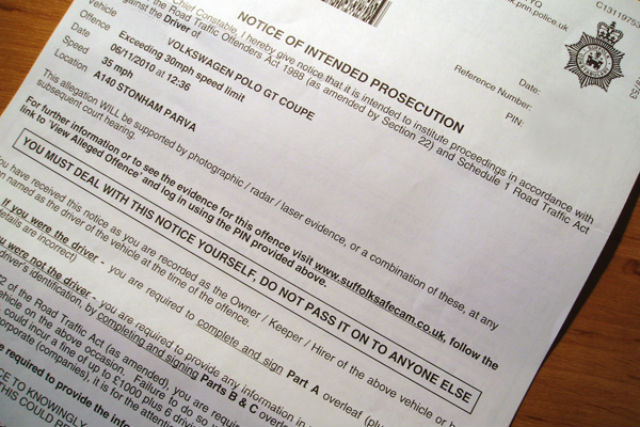
This one actually happens to be true. Police have to send a notice of intended prosecution to the vehicle’s registered keeper within 14 days, otherwise the driver cannot be prosecuted.
However, before you get ahead of yourself, it’s worthwhile knowing that there are a significant number of exceptions which could mean that the notice can be served outside the standard 14 day limit.
Some examples include if you haven’t updated your address with the DVLA after a house move, if you were driving the car but aren’t the registered keeper, or if there’s judged to be any good reason for the notice being sent after 14 days.
If I tell the police the driver is from another country, they’ll drop the case against me
False
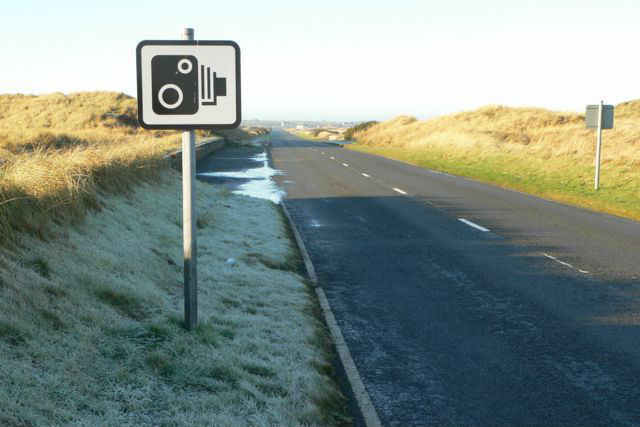
Don’t expect the police to take your word for it if you claim that the driver is from outside of the UK, as they’ll thoroughly investigate any case. If it’s found that you’re lying, you risk prosecution for perverting the course of justice, which will almost certainly result in a jail sentence.
Even if you are telling the truth, then you’ll be asked to prove that the foreign driver had insurance. If not, the police could charge you for letting somebody use the vehicle without insurance, which can result in between six and eight points on your licence, plus up to £2,500 in fines.
If the ticket has a mistake on it then the case will be thrown out
False, probably
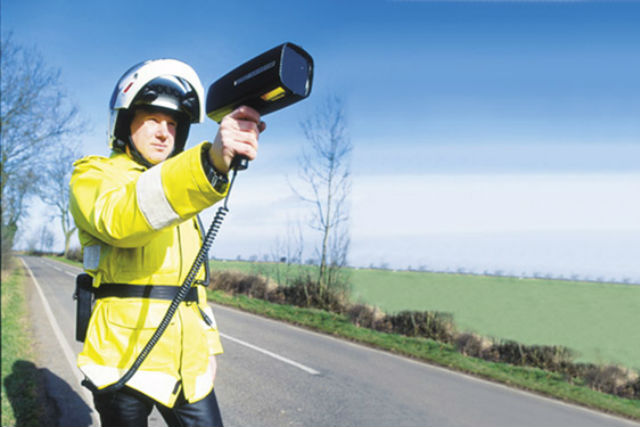
If the ticket issued to you has a mistake on it, then sometimes the case will be thrown out and sometimes it won’t depending on the severity of the mistake.
Minor spelling mistakes and errors will make no difference, as a court won’t throw a case out as a result of bad spelling. However, if the error is more serious then you could be in luck, but never rely on a mistake to get you off. Instead, you should always speak with a legal expert first.



